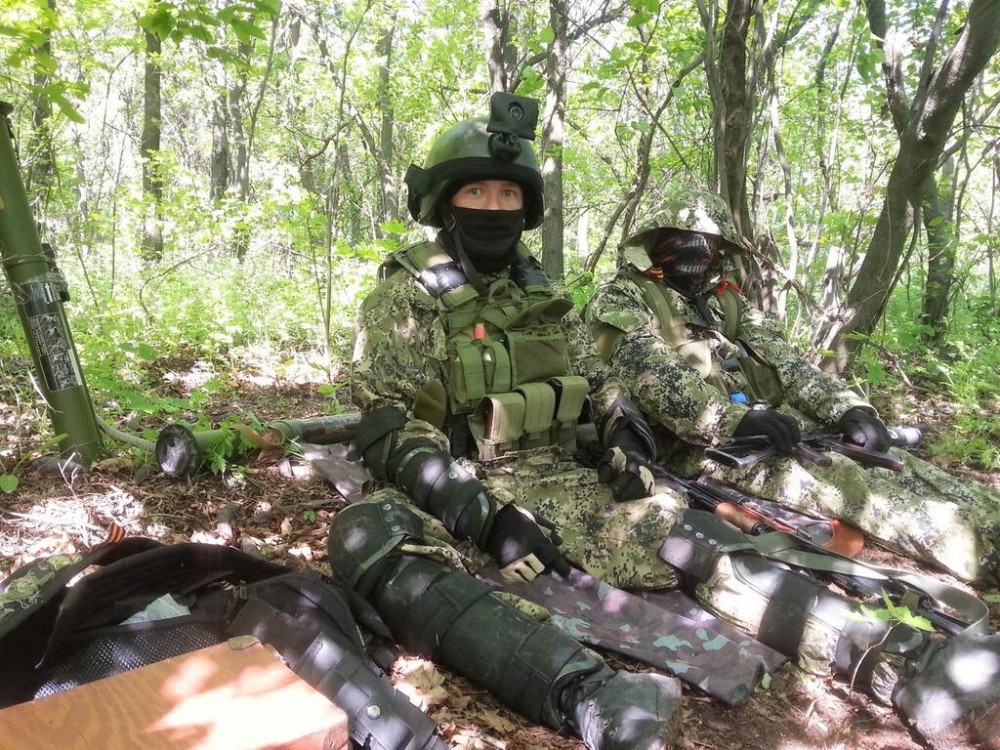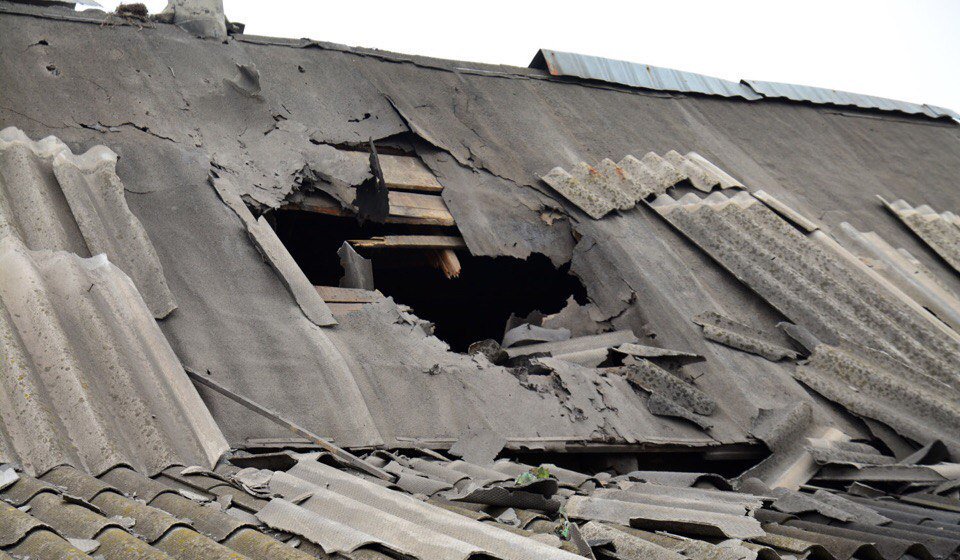Evidence over the past several days illustrating the motivations behind Russian insurgents in eastern Ukraine has been mounting. While some have, indeed, been driven by revanchist ideology (with one famously telling TIME that they were simply conquering “historically Russian lands”), the source of these groups’ financing has been more difficult to trace than the source of their weapons in lieu of a paper trail. This week has, however, seen three illuminating examples of the financial motivations of those recruited.
On June 19, The Interpreter published an investigation, discussing the motivations of those involved in the battle for Donetsk International Airpot. The article discusses one, Yevgeny Korolenko, a rifleman and veteran of the Soviet war in Afghanistan:
He was a mechanic by training who had a job in some friends’ computer repair shop as a delivery man until they were unable to pay him. His wife speculated that perhaps his shortage of funds could have pushed him into volunteering for Donetsk, although he didn’t speak of it.
Two days later the Security Service of Ukraine (SBU) published a video confession of a mercenary claiming to have been contracted by Russia’s KGB successor agency – the Federal Security Service (FSB). The man in the confessional says he was acting on a $1,000 bounty for every Ukrainian officer killed (and $300 for soldiers).
Today, the Moscow Times published an article citing well-known journalist Olga Romanova, describing another insurgent who was also killed in action during the same battle in Donetsk as Korolenko:
Four other young men from Ivanovo died with him. I asked his parents why he went there. Their reply was grotesque: ‘He wanted to pay off some loans …'”
All of this precedes today’s other revelation that Russia has been actively attempting to recruit mercenary veterans of the French Foreign Legion, targeting especially those of Slavic ethnic origin. The Russian military has in recent years opened its recruitment scope to foreigners with the lure of acquiring fast tracked citizenship.
While the number of professional, heavily armed Russian soldiers mounts in Ukraine, so too is the evidence behind the financial motivations of those fighting there – shaping the war to be less a result of ad hoc extremism, but instead rather that of a state-financed proxy war.








